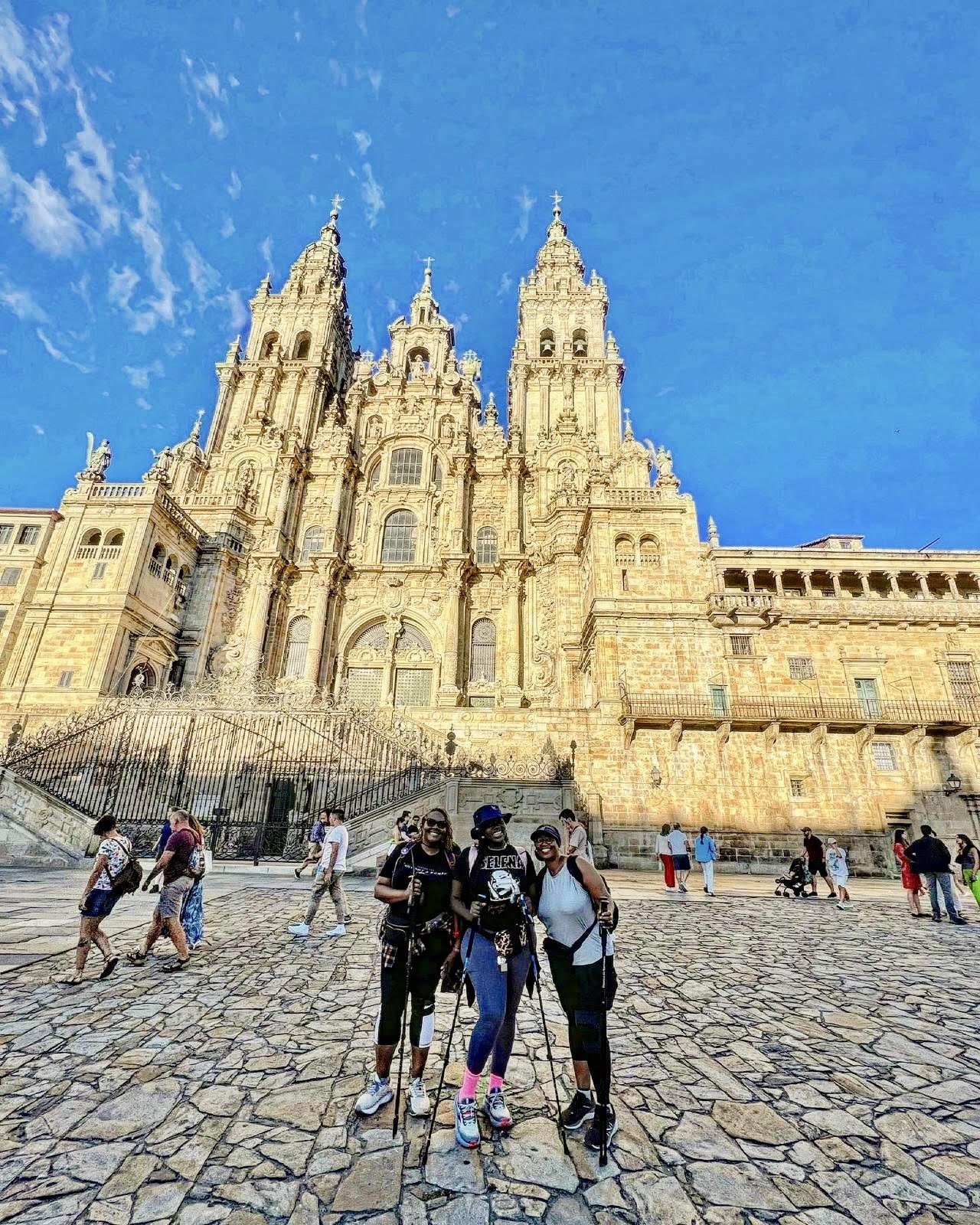Creation in Crisis: What Jesus Offers
By Presiding Elder Betty Holley, Ph.D., Contributing Writer
Our economic woes, social unease, and environmental depletion are being shaken to the core due to our misplaced purposes and values of the whole of God’s creation. Our relationship with wealth and possession has become corrupt and idolatrous. We have been seeking happiness through things rather than through relationships. Too often we, in the church, have mimicked the values of wider society.
Twenty-first century Christians are facing a triple crisis. The credit crunch is deeply connected to our unsustainable use of the earth’s resources. This has put pressure on financial systems and our human society. Both financially and environmentally, we cannot keep borrowing from what is not really ours. We hear major discussions today from various media sources about how profoundly shaken are the three pillars of sustainability: economic, social, and environmental.
The myth that unlimited economic growth could continue forever has been shattered. The global economy may be five times the size it was 50 years ago but it is now running up against the twin buffers of unrestrained greed and the planet’s limited resources. Rising carbon emissions are causing unpredictable weather patterns. There is snow at the beginning of the week in some areas across the country and 80-degree temperatures in other parts of the country at the end of the same week, making agriculture, transport, and insurance highly unpredictable.
In Matthew 6:19-34, Jesus offers a radically different approach to how we value social and environmental economics. Jesus is clear that money and possessions can easily take God’s place in our lives. His challenge to our current crisis is indeed crystal clear.
We have turned creation into commodities and people into units of production. We have been worshipping mammon or economic growth and prosperity for too long! True values do not lie in accumulating more material possessions. True values lie in the cultivation of deeper relationships.
Rather than our happiness depending on balancing economic, social and environmental sustainability, Jesus offers us an alternative paradigmatic! Our true happiness lies in our relationship—first with God and God’s kingdom values. Our true happiness is with our relationships with people. Our true happiness is with our relationships with non-human creation including animals, plants, trees, planets, and stars (our cousins).
The worries of people in Jesus’ time are similar to our worries in this present age. They involve food, clothing, and shelter. Jesus never stated that things do not matter. Jesus stated something a bit profound and surprising: Look at God’s creation. Look at the birds. Look at the flowers.
The Message Bible (MSG) states Jesus’ words in verses 26-32 with down-to-earth lingo, painting the picture and making it plain: “Look at the birds, free and unfettered, not tied down to a job description, careless in the care of God. And you count far more to him than birds. Has anyone wasted on fashion—do you think it makes that much difference? Instead of looking at the fashions, walk out into the fields and look at the wildflowers. They never primp or shop, but have you ever seen color and design quite like it? The ten best-dressed men and women in the country look shabby alongside them. If God gives such attention to the appearance of wildflowers—most of which are never seen–don’t you think he’ll attend to you, take pride in you, do his best for you? What I’m trying to do here is to get you to relax, to not be so preoccupied with getting, so you can respond to God’s giving.”
We must take our minds off our preoccupation with tomorrow’s worries and deepen our relationship with God’s Kingdom values, so everything falls into perspective. This is the message from the text. We need to spend time in God’s creation, going for a walk, watching plants, birds, the waves at the beach, the movement of the planets and stars, or digging a garden. Through these suggested ways of spending time in God’s creation, God helps us rediscover what is important. We need to spend time in our relationships with people, family, and friends. More importantly, we also need to develop relationships with the poor and grow in God’s love and compassion.
As we develop our relationship with God, our materialistic values will be challenged and transformed. Accept Jesus’ offer in this creation crisis!
The Rev. Betty Whitted Holley, Ph.D., serves as the presiding elder of the Columbus-Springfield-Xenia District of the Ohio Conference in the 3rd Episcopal District. Dr. Holley is a member of the core faculty at Payne Theological Seminary, teaching theological research and writing, ecological theology, eco-justice and the Christian faith, and Christian Education. She was recently appointed the director for the Master of Divinity Degree Program.





